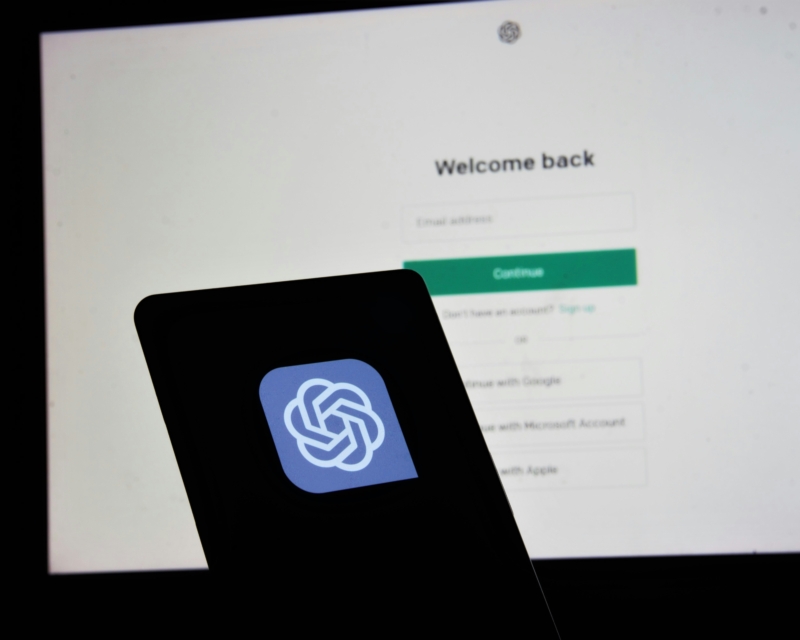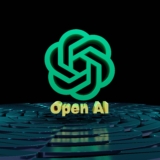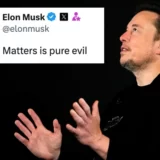Elon Musk Sues OpenAI and Sam Altman: A Battle Over Mission Betrayal
Elon Musk, the visionary entrepreneur behind SpaceX and Tesla, has filed a lawsuit against OpenAI and its former CEO, Sam Altman. The lawsuit alleges a breach of contract, contending that OpenAI’s departure from its original mission as a non-profit organization to one focused on profit-making ventures violates the terms of its founding principles.
OpenAI, once hailed as a beacon of ethical artificial intelligence research, was established in 2015 with the noble objective of ensuring that AI advancements would benefit humanity as a whole. Elon Musk, along with other prominent figures in the tech industry, played a pivotal role in its inception, pouring both financial support and intellectual capital into the initiative.
However, recent developments have seen OpenAI diverge from its altruistic origins. Under the leadership of Sam Altman, who took the helm in March 2019, the organization has shifted its focus towards commercial endeavors, seeking to capitalize on its research breakthroughs. This strategic pivot, Musk argues, directly contradicts the fundamental ethos upon which OpenAI was built.
In a scathing op-ed accompanying the lawsuit, Musk lambasted the leadership of OpenAI for what he perceives as a betrayal of trust. He lamented the organization’s abandonment of its commitment to open-source collaboration and its embrace of profit-driven motives. “OpenAI was meant to be a force for good, a bulwark against the unchecked proliferation of AI technologies that could pose existential threats to humanity,” Musk wrote. “Yet, it has succumbed to the temptations of corporate greed, forsaking its noble mission in pursuit of monetary gain.”
The lawsuit seeks to hold OpenAI and Altman accountable for what Musk characterizes as a breach of fiduciary duty. Musk asserts that the defendants have violated the terms of the original contract, which mandated OpenAI to operate exclusively as a non-profit entity. Moreover, he argues that Altman, as the former CEO, bears personal responsibility for steering the organization away from its altruistic mandate.
Responses from OpenAI and Altman have been swift. In a public statement, the organization defended its strategic shift, emphasizing the need for sustainable funding to support ongoing research efforts. Altman, for his part, rejected Musk’s allegations, asserting that the evolution of OpenAI’s business model is a natural progression in the ever-changing landscape of technology.
The lawsuit, which is expected to be closely watched by industry observers and ethicists alike, underscores the tensions inherent in balancing innovation with ethical considerations in the realm of artificial intelligence. As the case unfolds, it may serve as a watershed moment, prompting a broader reevaluation of the responsibilities that tech companies bear in shaping the future of AI.
In the eyes of Elon Musk, the lawsuit against OpenAI and Sam Altman represents a moral imperative—a battle to uphold the principles of integrity and altruism in the face of corporate interests. Whether his legal crusade will succeed in reinstating OpenAI’s commitment to its original mission remains to be seen. But one thing is certain: the outcome of this dispute will reverberate far beyond the confines of the courtroom, shaping the trajectory of AI development for years to come.





